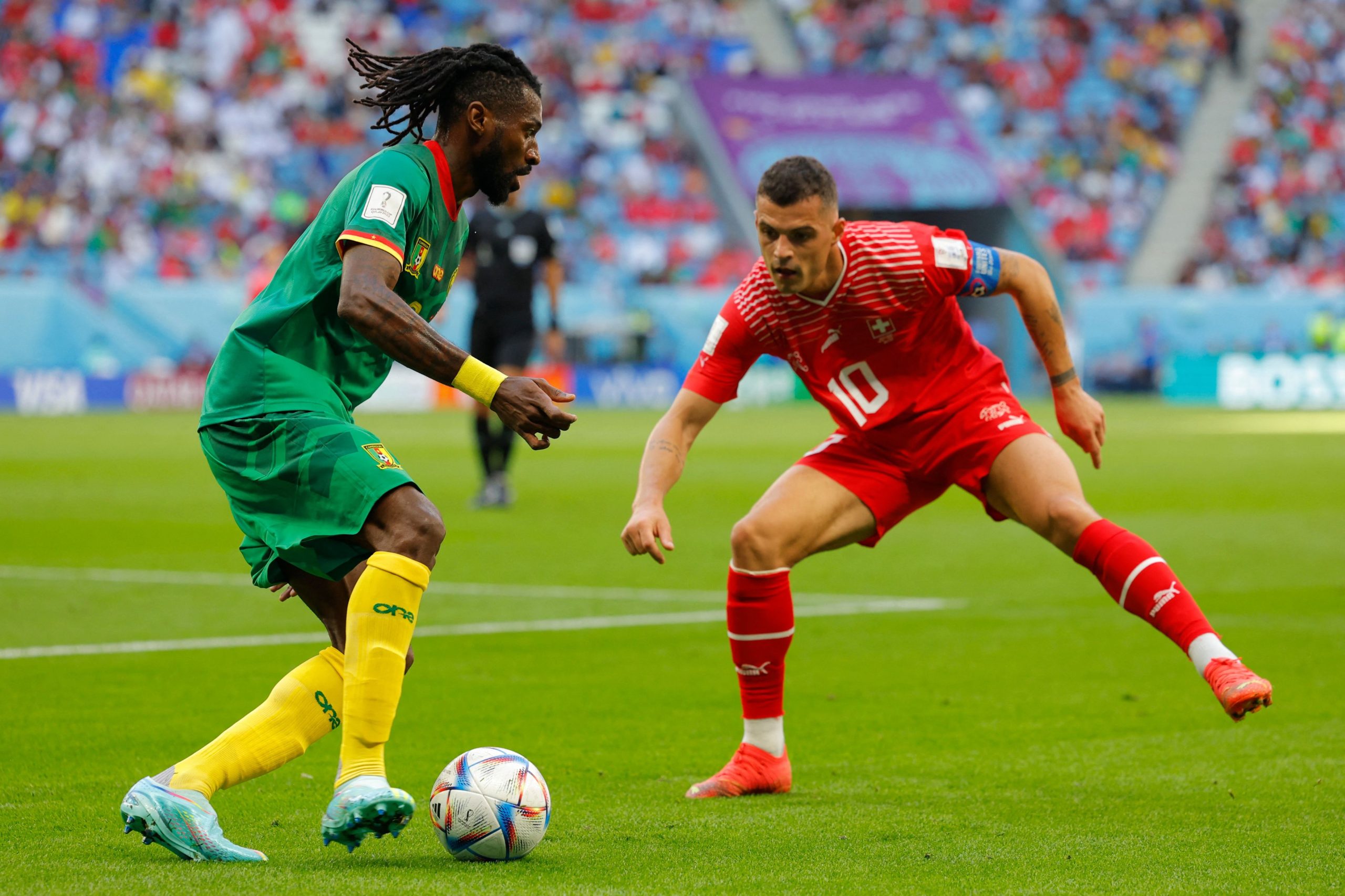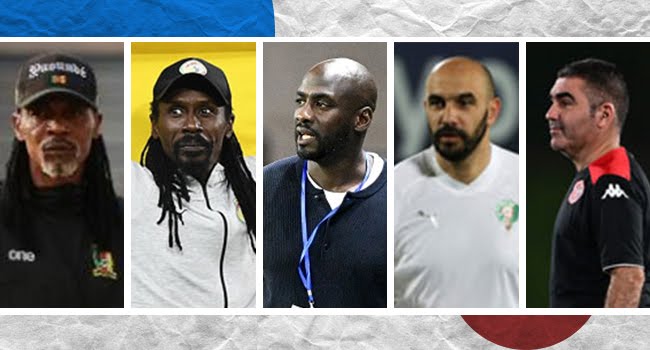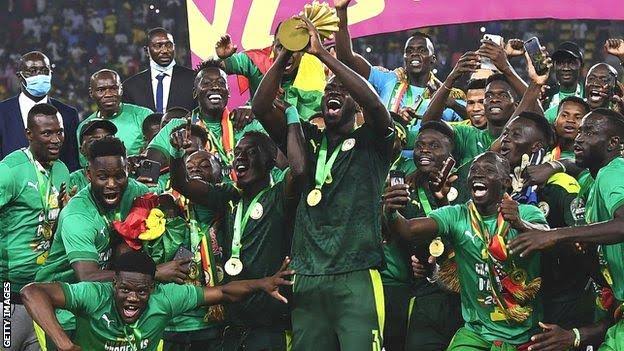
Its been an underwhelming start from the African teams representing at the ongoing 2022 FIFA World Cup in Qatar, with none of the 5 teams being able to pick up a victory.
The record makes for grim reading with Ghana, Senegal and Cameroon falling to defeats while the North African fared only a bit better with Morocco and Tunisia securing draws.
Although the tournament is far from over and there is still a big chance for redemption in the remaining two group stage matches. Moreso, with big hitters Germany and Argentina suffering potentially damaging result in thier first match, there’s every room for optimism.
However, perennial underperformance by African teams in the world cup and the mental block of no African side having never progressed past the Quarter final stage makes it an even more daunting task for the teams to kick on.
Here we look at 5 reasons why African teams have failed to light up the tournament so far in Qatar
Relatively Tough groups

Even though it is often said that there are no easy fixtures at the World Cup, the fact remains that there will always be superpowers and minnows alike in football. Perhaps the greatest pointer to this is the 7 nil drubbing of Costa Rica at the hands of Spain. A game where the Los Ticos didn’t have a single shot against their opponent and were thoroughly put the sword in what could be described as “death by thousand cuts” (Thousand passes in this case).
For many African teams in this year’s tournament, they find themselves in groups with heavyweights teams ranked higher above them.
Arguably Senegal have the easiest group to navigate with the Netherlands being the toughest opponent in the group. Cameroon are in a group with Brazil Switzerland and Serbia. 3 teams that are markedly better especially given the manner of the qualification and form coming into the world cup.
Morocco don’t have it any easier with the Fennecs having the runners up of last tournament, Croatia, the second ranked team in the world in Belgium and Canada.
Tunisia have got defending champions France in their Group along with Dark horses Denmark and Australia.
Ghana on their own have Cristiano Ronaldo led Portugal, Uruguay and South Korea to Contend with.
Psychological Barrier

Its daunting enough to know that no African side has ever made it to the Semi Final of the World Cup with Ghana coming closest in 2010 only to came up short with Luis Suarez antics coupled with I’ll luck.
This mental strain is enough to downtrod the teams in their bid to make history for the African continent.
There is often a lack of confidence with inferiority complex setting in even when the teams seem primed to go for the opponent’s jugular as demonstrated by Tunisia. The Eagles could and probably should have gotten a victory against a Denmark side that was pegged back for spells in the game.
If Africa is to achieve something monumental in this year’s Mundial, then the teams have to be brave and confident in their approach against supposed bigger teams.
The exploits of Saudi Arabia against Argentina should be enough inspiration for African teams to pull the chestnut out of the fire and go a long way this time.
Coaching/Management

For the records this is first time that all African teams at the world are coached by indigenous Coaches. This shows says a lot about how far the African football has developed

Rigobert Song, Aliou Cisse, Otto Addo, Walid Regagruid, and Jalel Kadri coach Cameroon, Senegal, Ghana, Morocco and Tunisia respectively.
All coaches surely deserve their flowers for what they’ve been able to do with the team especially during the qualifiers. However, despite their impressive efforts, they still cannot be compared with the best of the best from around the world.
Coaches like Luis Enrique, Roberto Martinez, Tite, Fernando Santos Gareth Southgate, Didier Deschamps and the likes are certainly higher up the ladder and it’ll take something special to outwit them.
Although others can take a cue from Herve Renards’ masterclass for Saudi Arabia against the Argentines. A result which ranks highly amongst the greatest upsets in world cup history.
However, as good as it was, it was certainly no more than a bolt out of the blue. Hence replicating that by any coach not least the African coaches might be a bog ask.
Pre-World cup preparation

Oftentimes African teams are not known to have the best preparation ahead of Competitions especially the world cup.
There are a lot of factors at play Oftentimes ranging from hiring and firing of coaches, football association issues and even politics.
These factors usually culminate in shabby world cup preparation as was the case notably for Ghana who literally had to swap portfolios of their coaches including Chris Hutton but ultimately making Otto Addo the Head Coach.
Individualism

Its no gainsaying that Africa is blessed with an array of stars. Despite the fact that Africa brightest light and first runner up in this year’s Balon D’or Sadio Mane eventually missing out on this year’s showpiece, there’s no paucity of talent in the African teams.
Talk about one of the best right backs in football Achraf Hakimi his teammates, Hakim Ziyech and Youssef En Nesyri all featuring for Morocco.
Cameroon boast of Napoli’s midfield maestro Zambo Anguissa, Inter’s Andre Onana and Bayern Munich’s reborn man Eric Maxim Chouppo Moting are all on show for the Elephants.
Ghana have English premier league experienced players Andre Ayew, Jordan Ayew and Tariq Lamptey.
Combined with Bilbao’s veteran striker Inaki Williams and Ajax start Muhammad Kudus, they are well stocked up front.
Senegal perhaps are the most prominent in this regard with all players in the squad plying their trade in the biggest leagues around the world. From Koulibaly at Chelsea to Dieng and Diatta from Marselle and Monaco respectively.
Tunisia have veteran Wahbi Khazri in their ranks amongst a litany of exciting players.
Unfortunately, most of these players do not really seem to gel with one another when called up to the National team. There often seems a sort of disconnect amongst starts players which leads to players taking things into their hands rather than playing as a team.
